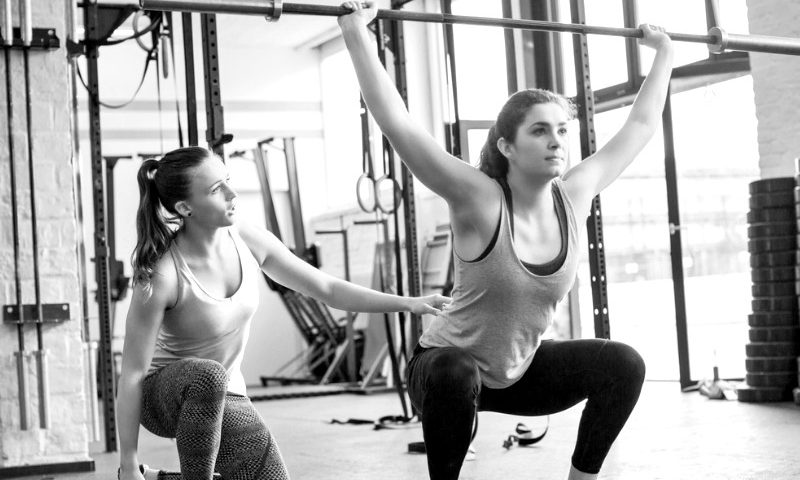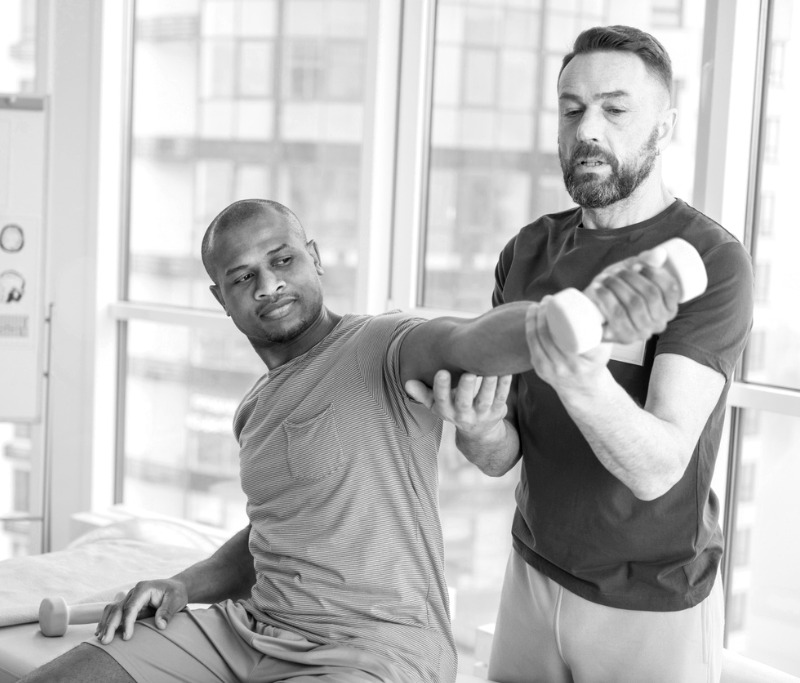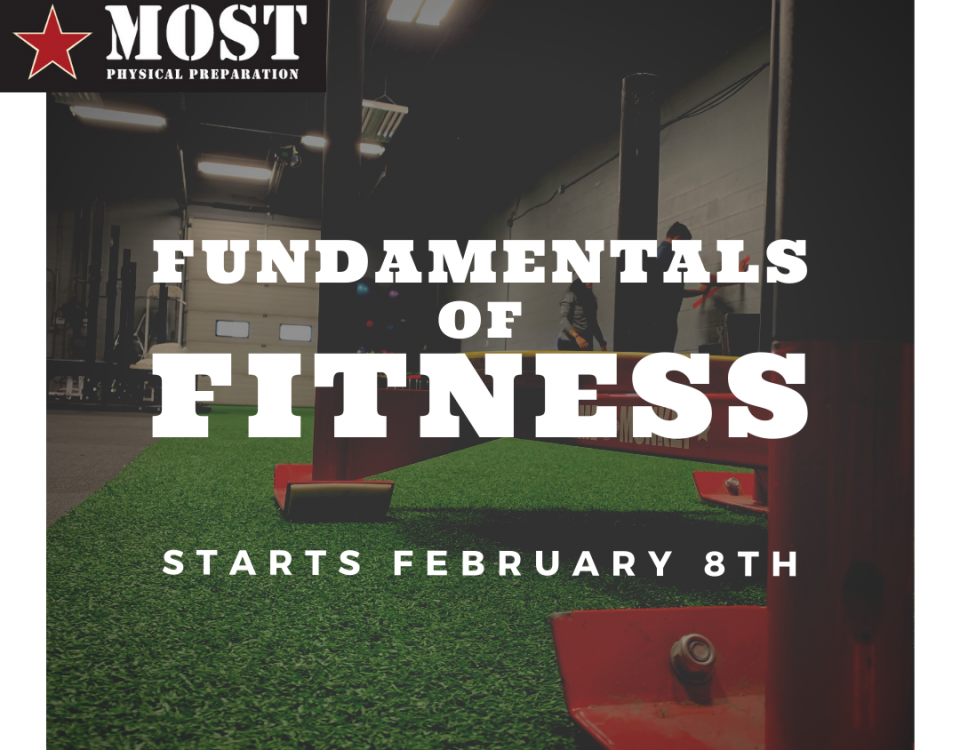
Update- March 27
March 27, 2020
Spring back into action with Massage Therapy
April 3, 2024The Young Female Athlete

The young female athlete.
Lately I have been hearing so much about the power of the female! How we need to embrace our true nature be strong yet feminine, athletes and academics, confident and compassionate. When I hear all these differing positions I get confused, I could not imagine what a young female athlete must be thinking.
With the development of science and research we now know that a females brain does not fully develop until the age of 21 years old. According to current research the rational part of a young persons brain does not develop until 25 years of age for males and 21 years of age for females. In fact, recent research has found that adult and teen brains work very differently. Adults think with the prefrontal cortex, the brain’s rational part. This is the part of the brain that responds to situations with good judgment and an awareness of long-term consequences. (Fetterman, A. et al. 2019). While teens process information with the amygdala. This is the emotional part of the brain. In teen’s brains, the connections between the emotional part of the brain and the decision-making centre are still developing. This development is not always happening at the same rate. This could be why when teens have overwhelming emotional input, they can’t explain later what they were thinking. They weren’t thinking as much as they were feeling( Fetterman, A. et al 2019).
So when I hear all these random stats about girls not being involved in sport and that they need more support and more confidence and more and more… I get a bit angry and overwhelmed myself. Young people are emotional thinkers, as coaches, parents and role models we need to know this. We need to understand that they usually will change their mind more than they change their hairstyle.
According to Gatorade’s recent “Girls in Sports” study, girls drop out of sports at nearly twice the rate of boys by age 14 and, by age 17, more than half of girls will quit playing sports altogether. The majority of young women Gatorade spoke to told them that they decided to drop out of a sport because they didn’t see a future for themselves in it and wanted to prioritize their time on school or other extracurriculars. Many girls did not see a way to balance both school and sports, particularly if they didn’t think they’d end up playing professionally or internationally so why put in the time (Bell, C. Et al. 2018).
This is a messaging issue. What young female athletes should be hearing is that sports are known to help improve girls’ confidence, perseverance and other important skills necessary to succeed academically and professionally. The message and thought should not be; that they will get nothing out of it because they cannot play professionally, or internationally.
One study I came across looked at the role socialization agents played in female athletics. What they came up with was that first females had a high level of peer influence over their athletic careers and secondly that female role models become more important in adolescence and adulthood. When role models were examined from the perspective of athletes only, male athletes were significant at every stage, whereas female athletes were never significant (Greendorfer, S. 2013). Extremely interesting, female athletes were never significant!
As a quality coach we need to create a welcoming and safe place for boys and girls. Coaches that understand emotional, psychosocial, physical and the different hormonal changes these young athletes experience can be instrumental in keeping young athletes involved in sport. I feel both male and female coaches can play a huge role in creating positive sport experiences for young girls. Quality coaches, parents and media need to foster beliefs about the benefits of sport not talk about why girls are dropping out. As a female coach I do not want to hear the negatives, I want to inspire positive change and character growth. Girls need to be encouraged, learn to foster resilience and self-confidence. I want to build athletes from the inside out not tear them down. As a quality coach I want to show young athletes that sport is something you can do for life.
Reference:
Bell, C., Jordan, A., Lovett, L., Toussaint, S., and Werly, D., 2018. Teamwork makes the Dream work. Inside Play Like A Girl. (https://iplaylikeagirl.org/teamwork-makes-the-dream-work/).
Greendorfer, S. 2013. Role of Socializing Agents in Female Sport Involvement. (https://shapeamerica.tandfonline.com/doi/abs/10.1080/10671315.1977.10615426#.XZzm_-dKiCQ
).



